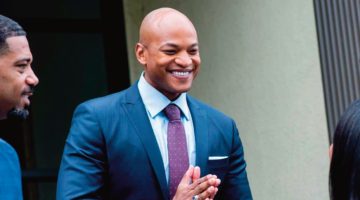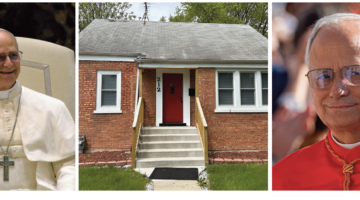After many years of planning and struggle, the Martin Luther King Jr. Memorial was dedicated on Sunday at the National Mall in Washington, D.C.
So what next?
If Dr. King were alive, he would immediately know the answer. He would have been in the forefront of the Occupy Wall Street movement and its call for economic justice. That, in fact, would have been the next phase of his struggle to end the inequities that persist in our country. Economic equality gives meaning to civil liberties.
The recession that still haunts the nation has dramatized the gross economic inequities in the system. A vast number of African Americans, traditionally living on the economic edge, have lost billions of dollars in home equity and other collateral, have lost jobs and have been hurled back into poverty. They should have started the movement that has become Occupy Wall Street. Instead, African Americans are still relatively scarce among the protesters.
John Hope Bryant, founder and chief executive officer of Operation HOPE, which is headquartered in Los Angeles and has regional offices in Atlanta, believes that, compared to whites, there is a reluctance among our people to take to the streets over financial matters with the same activism we show on social issues, including civil rights.
“Money, for us, is as badge,” Mr. Hope told the Associated Press. “Money for them is a vehicle. We don’t want to be seen. We just want to hide and hope the storyline changes.”
If that is true, it is way past due for us to change that perspective. In the same way that we struggled for civil rights, so must we make economic justice the next phase of our struggle. That is how Dr. King would have wanted us to continue his legacy.












No Comment